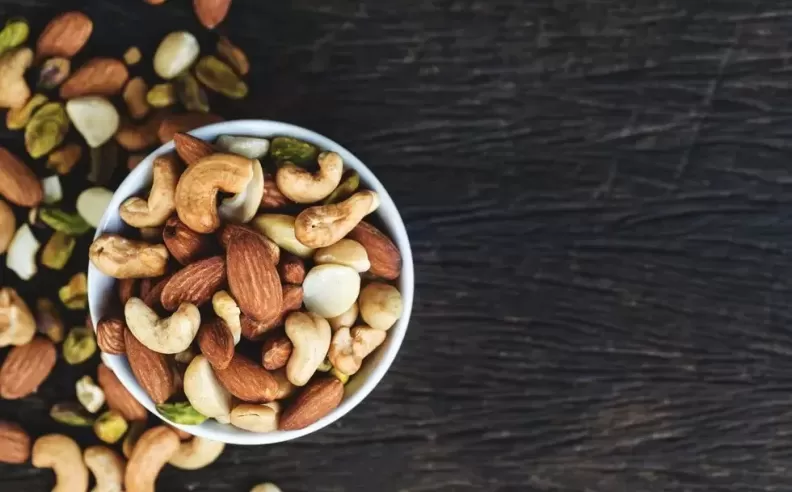
Magnesium is not just an essential mineral; it is a lifeline for those looking to enhance their athletic performance and accelerate recovery post-exercise. It plays a crucial role in muscle and nerve functions and energy production. Studies indicate that a person can lose between 120 to 200 milligrams of magnesium per hour of intense physical activity. With the recommended daily intake being around 400 milligrams for men, heavy sweating can quickly deplete magnesium stores. Thankfully, experts in men's health show that magnesium-rich foods can help replenish these vital stores.
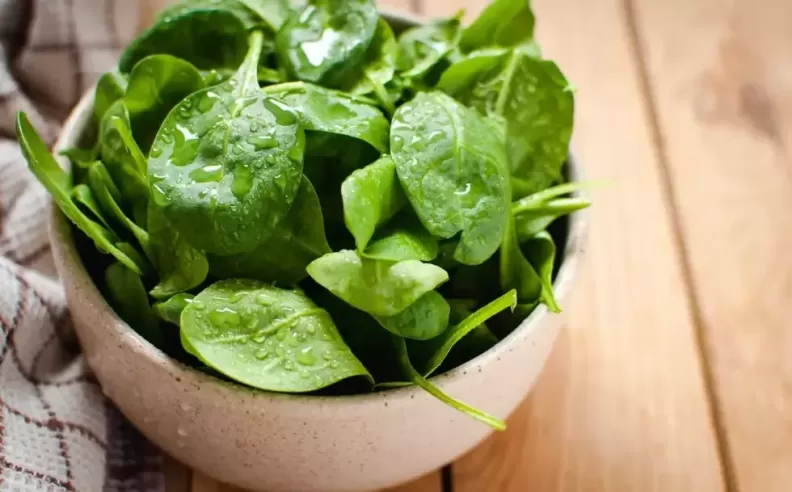
Magnesium is vital for maintaining heart health, helping regulate heart rhythms and supporting vascular functions. Additionally, it plays a role in regulating blood pressure, making it crucial for athletes who aim to maintain a healthy and stable cardiac performance during and after workouts.
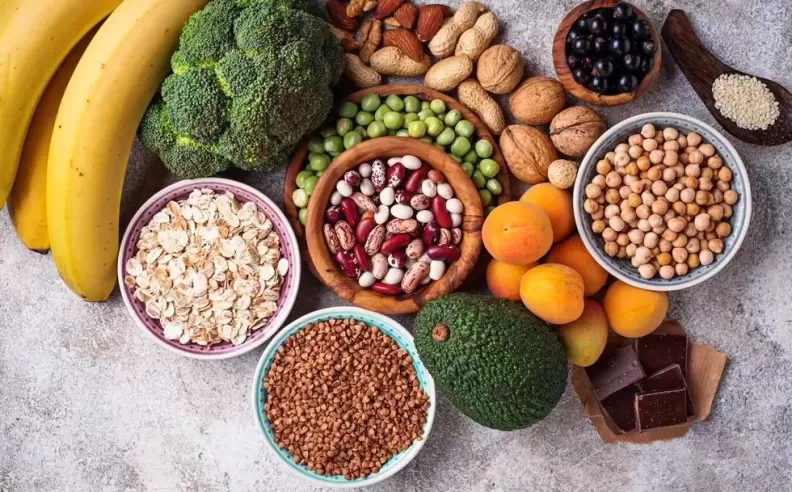
Magnesium has a calming effect on the nervous system and can help improve sleep quality, making it a beneficial addition for athletes needing to recover their strength overnight. According to research, taking magnesium supplements before bed can enhance muscle relaxation and improve deep sleep, contributing to overall performance and recovery.
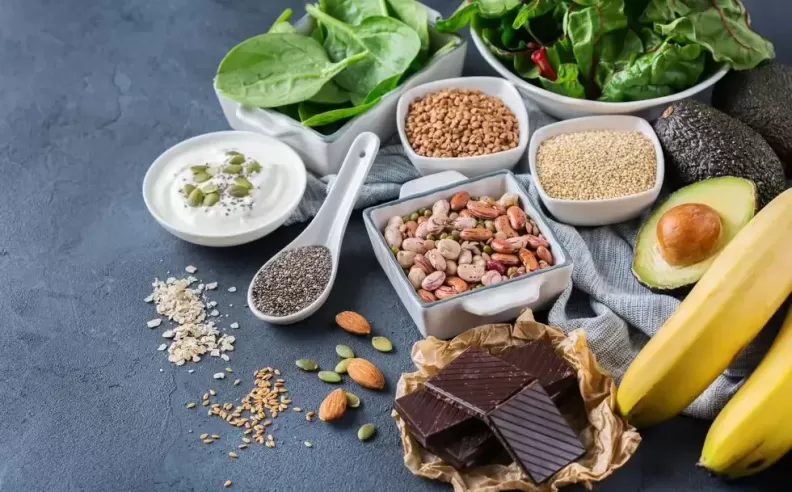
Magnesium is critical in glucose metabolism and can improve insulin sensitivity, making it essential for managing blood sugar levels, especially for athletes needing to maintain optimal energy levels during workouts. Moreover, magnesium is known to reduce psychological stress, which can lower the risk of stress-related disorders and enhance the body's ability to cope with physical and mental pressures.
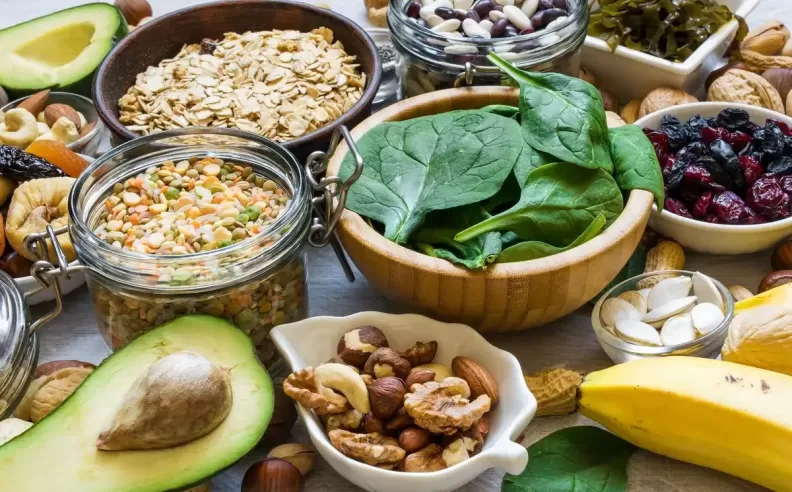
A variety of foods high in magnesium can effectively support muscle and nerve functions. Among these are spinach, kale, black beans, lentils, and pumpkin seeds. These foods can easily be incorporated into the diet through smoothies, salads, or even as nutrient-rich side dishes.
These options are ideal for improving daily diet and increasing magnesium content.
Seeds: Tiny but Mighty
Seeds are perfect for sprinkling on salads and yogurt, providing an impressive amount of magnesium.

Started my career in Automotive Journalism in 2015. Even though I'm a pharmacist, hanging around cars all the time has created a passion for the automotive industry since day 1.
